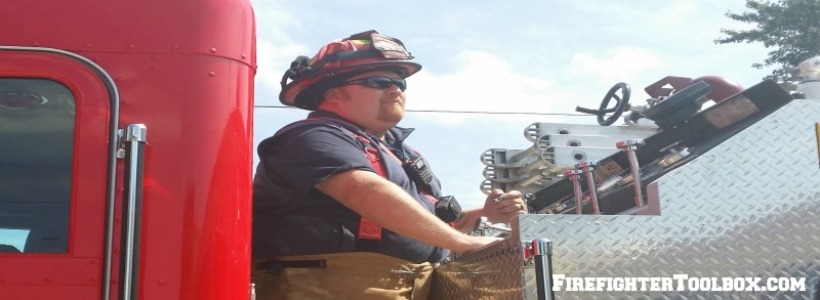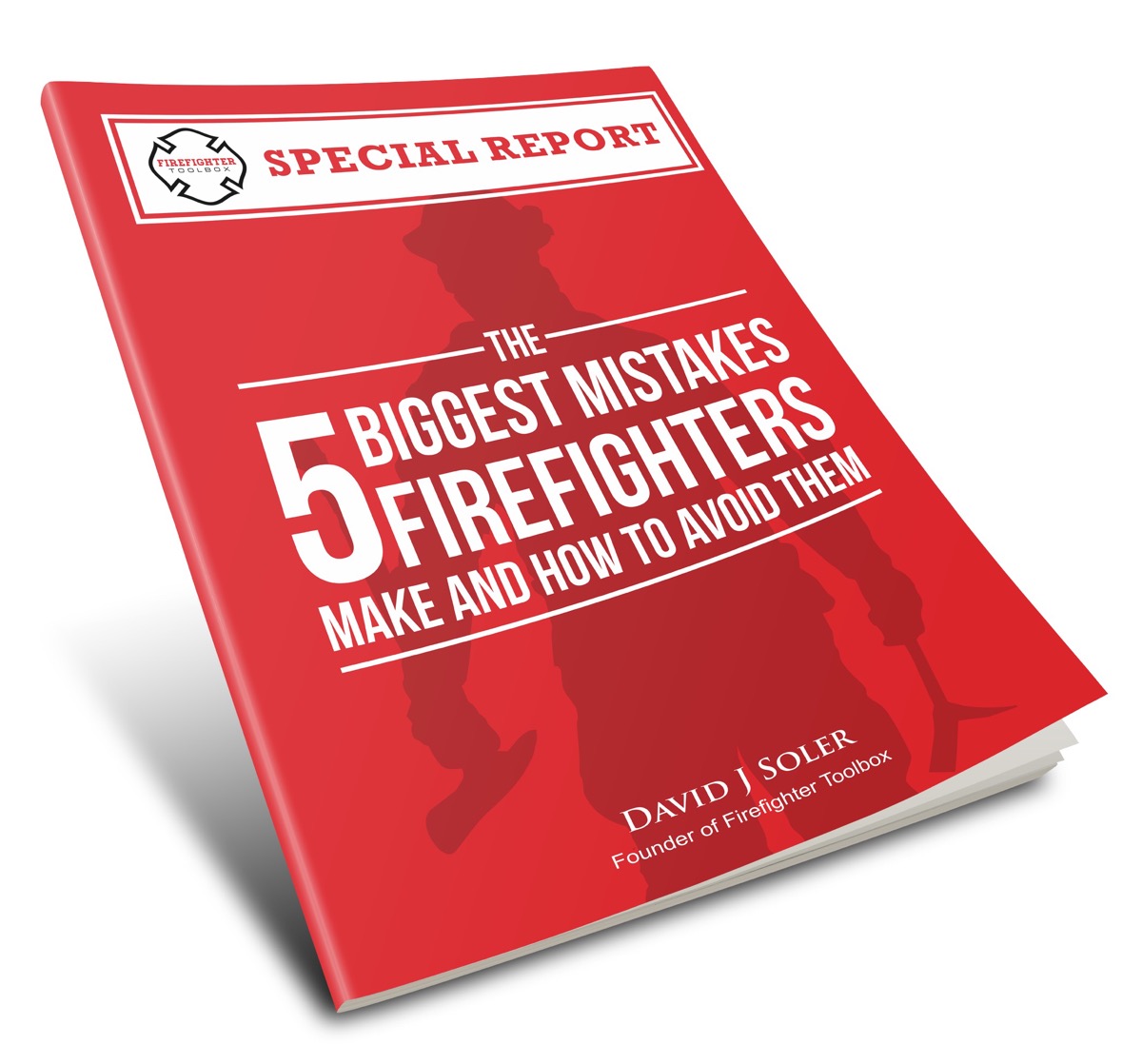3 Ways Company Officers Can Improve Resource Management
Have you ever been on a call where three Chiefs, two engine companies, and a truck company all arrive on scene at the same time? And without any organized plan of attack, everyone just looks at one another to see what’s actually going on. Situations like this can cause a lot of frustration and lead to complications.
As company officers, we can have a large impact on how organized the call is from the start. Here are three ways how we, as company officers, can improve the management of a call.
#1 – Communicate with your crew and other apparatus.
On the way to the call, hand out assignments so everybody on the truck knows what they are responsible for, especially if your truck has already been given an assignment prior to your arrival.
If you are first-due, communicate what you need other apparatus to do and where you need them to be so that they can plan and execute on arrival. Even if you are the last due truck and you know that you will be the last apparatus to arrive, giving orders to the crew in your truck prior to arrival will keep the confusion in your crew down.
Another good practice is to listen to the radio reports from the first arriving trucks. This gives us a good idea of where the call is going and at what stage the call is in – all of which helps us plan for our arrival. Doing this also keeps unnecessary radio traffic to a minimum. Chief Rob Fling has a very good article on radio communications during a call.
#2 – Keep it simple!
Suppose there are eight apparatus sent to the same call, with only the first one, ours, directly in front of the call. The fact that there are seven trucks behind us will not negate the fact that as the officer on that front apparatus we should be giving Basic Incident Report (BIR) and issuing orders to the apparatus behind us based on what we see. Having the assumption that the second arriving truck will take care of it will only begin a chain reaction of everybody thinking somebody else is doing something.
Whether it’s a one-truck call or a ten, if we are the first apparatus in the line of apparatus responding, do what needs to be done. Keep it simple!
#3 – Train, and train often.
As in all aspects of firefighting, training is key. In this case, as officers we need to train on both the basic and complex parts of call management. As we all know, a call that starts out small has the potential to become something very large very quickly. By training on the ways to effectively manage the personnel and apparatus on a call, we significantly improve the odds of a good outcome. Table top exercises or computer-based simulations are great for this. And even though the training is geared towards the officer on the truck, it’s also great training for everybody on the crew!
Managing a call is not just a Chief’s responsibility. Often times we arrive quite a bit earlier than the responding Chief. The more ground work we lay down at the beginning of the call, the more successful the rest of the call will go!





